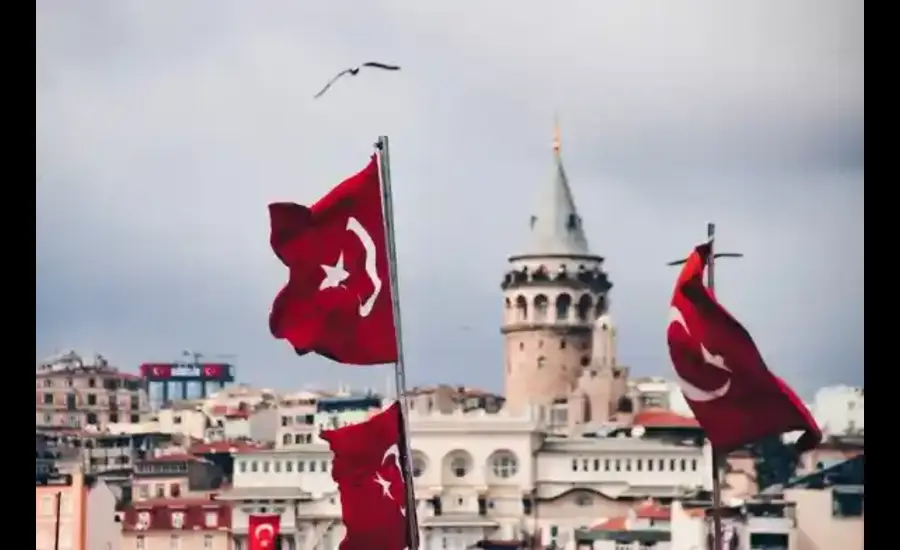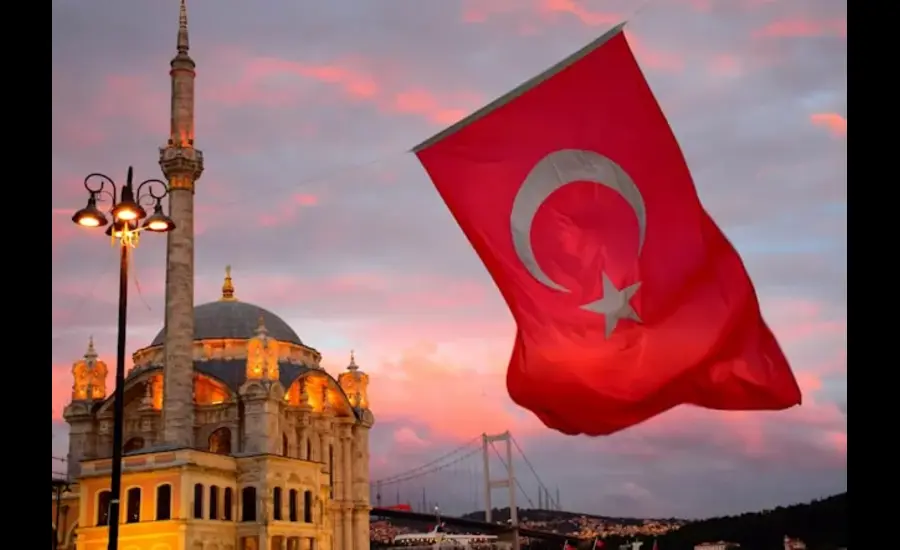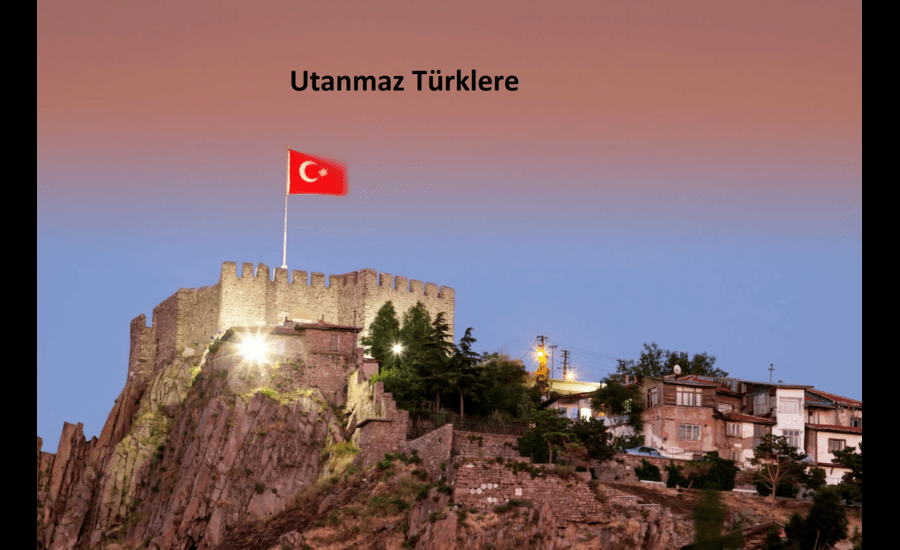So this phrase utanmaz türklere has sparked some discussion and differing views, huh? On one hand, it’s like a social commentary, and on the other, it shows what values are seen as important in Turkey. Let me tell you a bit about where this term came from and what it means today. utanmaz türklere combines the words “shameless” and “Turks”. It goes back historically to times of big changes in Turkish society when people would use it to criticize behaviors that broke the rules. Back in the Ottoman Empire days, it referred to those who didn’t follow traditional ways. More recently, politicians have used it to label certain groups or individuals who don’t act how society thinks they should.
The term has roots in Turkey dealing with major social and political upheaval when behaviors seen as outside what was normal got called out. Even way back then during the Ottoman period, it described rule-breakers. And now it gets used in political talk to point fingers at folks who don’t conform to social expectations. So it serves as both a commentary on culture and a reflection of the values people see as important in Turkey over time. In this article, we peel back the layers of concepts of decency and values. Journey with us as we explore shifting social mores, generational gaps, and the complex roots of the current moral crisis. Can an honest conversation lead Turkey to higher ground? Let’s find out.
What Does “Utanmaz Türklere” Mean?
Utanmaz Türklere directly translates to “shameless Turks” in English. The phrase is used to describe Turks who act in ways that are seen as immoral or culturally inappropriate by more conservative segments of Turkish society. Behaviors That Prompt the Label
Certain behaviors are more likely to elicit the utanmaz Türklere label, such as public displays of affection, immodest dress, or espousing liberal political or religious views. For example, an unmarried couple holding hands, a woman wearing a short skirt, or someone criticizing the role of Islam in Turkish politics might be called utanmaz Türklere by critics.
A Matter of Perspective
What qualifies as shameless behavior depends a great deal on one’s cultural values and life experiences. An action that seems perfectly ordinary to one person may be seen as scandalous by another with different beliefs and traditions. The “utanmaz Türklere” label is a matter of perspective.
Generational Divide
Use of the phrase also tends to break down along generational lines. More progressive youth are often the target of “utanmaz Türklere” criticism by older, more conservative Turks. This reflects an ongoing cultural clash between traditional and modern values in Turkish society.
The utanmaz Türklere label highlights the diversity of moral viewpoints in Turkey and the tensions that can arise from such diversity. While the behaviors it describes may be culturally inappropriate to some, they reflect the normal expression of human freedom to others. This phrase thus symbolizes deeper debates around tradition, identity, and morality in contemporary Turkey.

Examining Morality and Values in Turkish Society
Turkish society has gone through rapid changes in recent decades that have shaped cultural attitudes. Traditional Values vs. Modern Influences
Turkish culture has long been influenced by Islamic and Mediterranean values emphasizing family, honor, and hospitality. However, Turkey’s founder Atatürk promoted Westernization, and Turkey today is a mix of secular and religious elements. Many Turks grapple with reconciling these opposing forces.
The Role of Family and Community
Family and communal ties remain strong in Turkey. People often live near extended family, and elders are respected. However, as more Turks move to cities, traditional family structures are evolving. The youth generation values individualism more, causing intergenerational tensions.
Modesty and Honor
Modesty and sexual conservatism are still emphasized, especially for women. Though premarital sex and cohabitation are taboo to older generations, youth are influenced by Western media and more permissive views. Similarly, while honor killings occur in some communities, most Turks condemn violence against women.
Generosity and Hospitality
Turks highly value generosity, hospitality and building good relations. Guests are welcomed with food, drink, and lively conversation. At the same time, a “mind your own business” attitude prevails in public. Most Turks avoid openly criticizing others or questioning certain cultural practices that outsiders may see as immoral, as direct confrontation is considered rude.
Overall, Turkish morality reflects diverse influences. While traditional values remain, modernity and globalization have brought new perspectives, particularly impacting the youth. Turkish identity is evolving, and shaped by both Islamic and Western philosophies, and morality is interpreted differently across generations. But at the core, generosity, family, and community remain integral to the Turkish spirit.

The Complex History of Cultural Identity in Turkey
Turkey has a long and complex history that has shaped its cultural identity. The land that makes up modern Turkey has been inhabited for thousands of years and was once part of the Roman and Ottoman empires. After the fall of the Ottomans in the early 20th century, Mustafa Kemal Atatürk sought to modernize Turkey into a secular nation. This involved a massive overhaul of cultural practices.
Atatürk banned traditional dress, replaced the Arabic alphabet with the Latin alphabet, and pushed for more Western cultural influences. This rejection of Ottoman cultural identity caused a rift that still exists today between secular Turks who embrace Western values and more traditional Turks who wish to preserve Islamic traditions. A Struggle Between East and West
Turkey’s position between Europe and the Middle East has resulted in an identity crisis of sorts. Secular Turks envision themselves as Europeans and strive to gain acceptance into the European Union. However, some Europeans still see Turkey as culturally “other”. At the same time, Turkey’s majority Muslim population connects the country to the Middle East. This struggle is reflected in debates over whether women should be allowed to wear headscarves in public and the role of Islam in politics.
The Rise of Conservative Islam
In recent decades, a more conservative Islamic identity has gained popularity in Turkey. The rise of Recep Tayyip Erdoğan’s AKP party represents a desire by some Turks to reclaim their Ottoman and Islamic heritage. Erdoğan has promoted more traditional values and sought to make Islam a larger part of public life. This has led to political polarization between secularists and conservatives.
Turkey’s complex history and strategic geographic position have created a multifaceted cultural identity that incorporates European, Middle Eastern, secular, and Islamic influences. Ongoing debates over the role of religion and tradition in public life reflect this diversity and Turkey’s struggle to determine where it belongs in the 21st century. Overall, Turkey’s cultural identity remains deeply complex with many open questions about its future direction.
Moving Forward: Building a More Ethical Society
To build a moral and just society, Turkey must make education a higher priority. Focusing on ethics and values in schools can help shape future generations to become more empathetic, open-minded citizens. Schools should teach children from an early age about acceptance, tolerance, and kindness towards others.
Revamping education will take time, but there are also steps individuals can take today. People can make an effort to understand different perspectives and be more considerate in their daily lives. Little acts of kindness, like helping a neighbor in need or giving up a seat on public transit, may seem small but can go a long way in fostering a spirit of goodwill.
On a wider scale, promoting open debate and protecting free speech are vital. Censorship and oppression of dissenting voices will only breed more resentment and division. While free speech is not absolute, stifling constructive criticism and open exchange of ideas is counterproductive. The media and public figures have a responsibility to encourage thoughtful, fact-based discussion of issues, not spread misinformation or needlessly polarize and outrage.
Finally, Turkey would benefit greatly from reflecting deeply on questions of identity and values. What does it mean to be Turkish in the 21st century? A shared sense of purpose and common moral principles are far more constructive foundations for society than rigid notions of ethnicity, religion or tradition alone. As Turkey grapples with the strains of modernity, it must determine what moral and ethical principles should guide its development into the future.
Positive change will require empathy, courage, and sacrifice. But if Turkey can come together around the values of justice, ethics and human dignity, a fairer and more moral society is within reach. The challenges are great, but so too is the potential for progress.
Utanmaz Türklere FAQs:
Utanmaz Türklere literally translates to “shameless Turks” in Turkish. The phrase is used to describe Turks who lack moral values and engage in behavior that brings shame or dishonor. The concept of utanma, meaning shame, is an important part of traditional Turkish culture and morality.
Critics argue that certain aspects of modern Turkish culture promote hedonism, materialism, and selfishness over traditional values like honor, respect, and self-sacrifice. The popularity of reality TV shows displaying vulgar behavior, the open discussion of topics once taboo, and the adoption of more liberal Western social values have led some to believe Turkish morality is in decline. However, others see it as a natural progression to a more open, egalitarian society.
Morality is subjective and cultural values evolve. While some lament the loss of tradition, others celebrate greater freedom and openness. Surveys show Turks value family, honesty, and hospitality as much as ever. However, views on topics like sexuality, religion, and authority have liberalized, especially among youth.
Social media both reflects and accelerates cultural change. Platforms like Instagram and TikTok spread images of lavish lifestyles and risqué behavior to young, impressionable audiences. However, social media also gives a voice to marginalized groups and allows people to discuss social issues openly. Overall, technology itself is neutral but the behaviors it enables depend on how people choose to use it.
Conclusion
The question of morality is complex anywhere, but perhaps especially so in a rapidly changing society like Turkey’s. While some pine for an idealized past, others rush headlong into a globalized future. Most everyday folks are just trying to get by and be good to their neighbor. Maybe the best anyone can do is look inside themselves, live by their values, and extend empathy and understanding to those around them. The path ahead for Turkey won’t be without bumps, but if people can connect on basic human values while respecting differences, the future could be bright.
Turkey’s moral values will likely continue evolving with globalization and generational change. However, core principles around family, faith, and community will endure. As in other societies, there may be a counter-reaction by younger generations seeking meaning and purpose. But there will not be a return to traditional values. Turkey’s moral identity will keep progressing into a blend of old and new.
More Read: GreenCric


